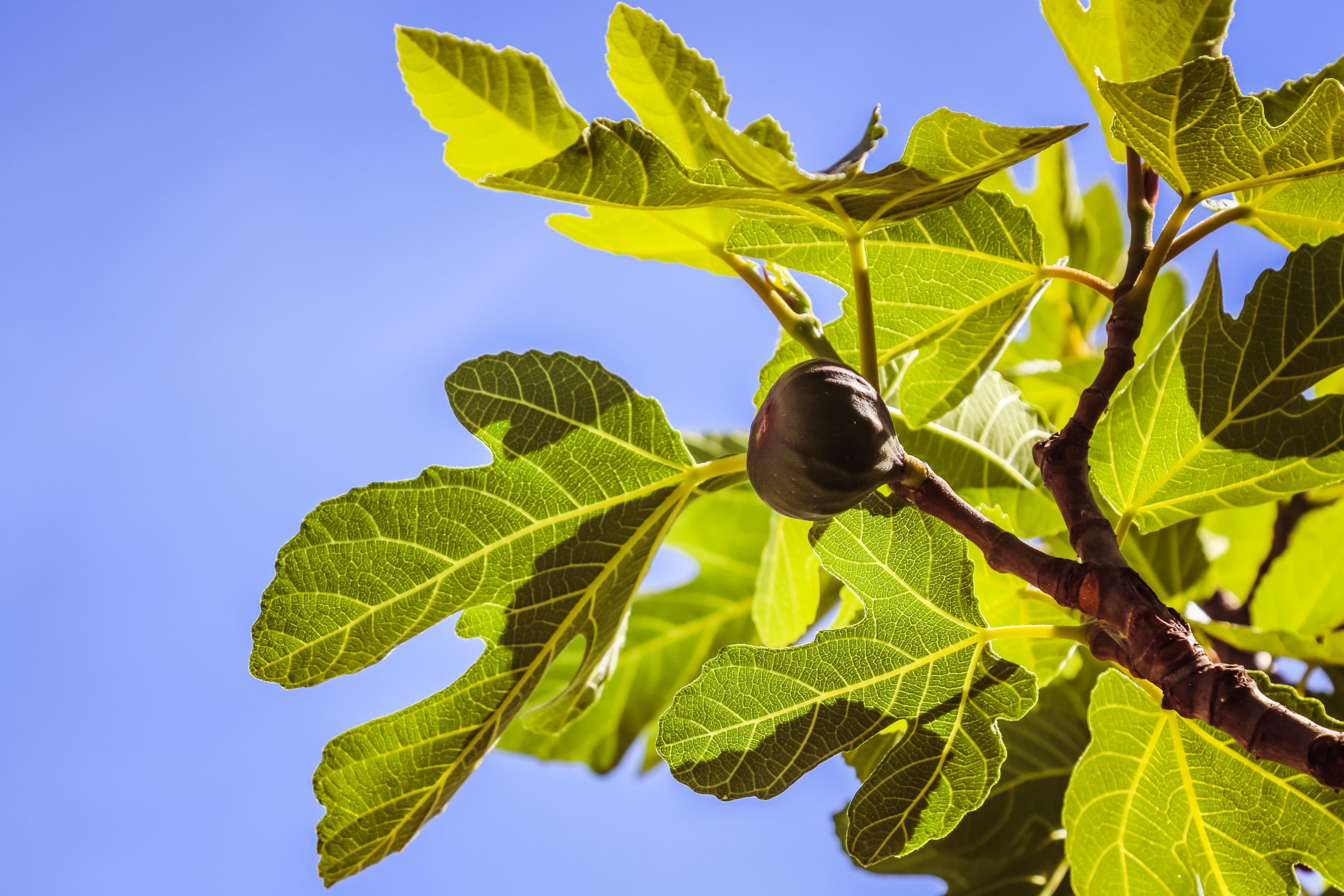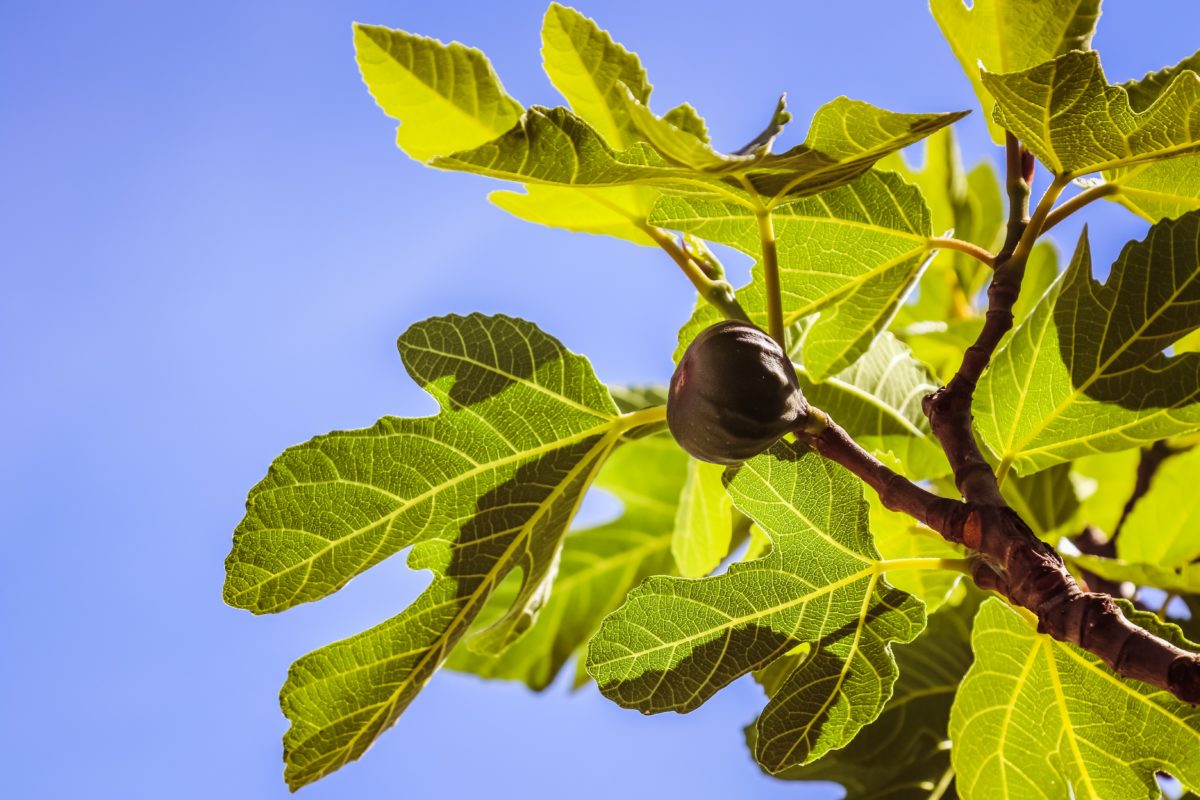Merits versus Mercy
Luke 13:1-9
Third Sunday in Lent
Analysis by Glenn L. Monson
1 At that very time there were some present who told him about the Galileans whose blood Pilate had mingled with their sacrifices. 2 He asked them, “Do you think that because these Galileans suffered in this way they were worse sinners than all other Galileans? 3 No, I tell you; but unless you repent, you will all perish as they did. 4 Or those eighteen who were killed when the tower of Siloam fell on them—do you think that they were worse offenders than all the others living in Jerusalem? 5 No, I tell you; but unless you repent, you will all perish just as they did.”
6 Then he told this parable: “A man had a fig tree planted in his vineyard; and he came looking for fruit on it and found none. 7 So he said to the gardener, ‘See here! For three years I have come looking for fruit on this fig tree, and still I find none. Cut it down! Why should it be wasting the soil?’ 8 He replied, ‘Sir, let it alone for one more year, until I dig around it and put manure on it. 9 If it bears fruit next year, well and good; but if not, you can cut it down.’

Photo by Maximalfocus on Unsplash
We no longer need to hold onto the illusions of righteousness that have propped up our merit system. We are now free to confess our sins, receive forgiveness, and go about the business of showing mercy to others.
DIAGNOSIS: Merits versus Mercy
Step 1: Initial Diagnosis (External Problem): Who’s Worst?
It’s a game we love to play; it’s called “who’s the worst sinner?” We look at all the poster children for misbehavior that fill the newspapers, TV, and social media, and again and again say to ourselves, “Oh my, what a fool. What a jerk. What a crook. Lock ‘em up!” We claim to like this system, because, after all, it’s what they deserve: “an eye for an eye and a tooth for a tooth.” And that’s in the Bible!
Step 2: Advanced Diagnosis (Internal Problem): Illusions Abound
We so easily condemn others because we are blind to our own sins. “Nobody’s perfect,” we say about ourselves, which might be true, but then we continue with excuses, explanations, and justifications for all our misbehavior. It’s like the quote sometimes attributed to Oscar Wilde: “We don’t want what we deserve, only what’s coming to us.” We somehow are deluded into thinking that this system pays handsomely for our puny virtues, and overlooks even our gross misdeeds.
Step 3: Final Diagnosis (Eternal Problem): Failure Guaranteed
We think that the merit system is our friend. We think that if everyone just gets what they have coming to them, we’ll be fine. We overlook the fact that we are included in the phrase, “all have sinned and fall short of the glory of God.” We forgot that when our system works as it is supposed to “none is righteous, no not one.” All of our condemnation of the poor Galileans and those within range of the tower of Siloam has now been visited upon us. We too are found wanting. The tower will fall on us as well.

Photo by Jametlene Reskp on Unsplash
PROGNOSIS: A System of Mercy
Step 4: Initial Prognosis (Eternal Solution): The Gardener Upends Our System
Fortunately for us, God does not play by the merit system. God is, in fact, not controlled by any human system, no matter how just or unjust we might think it to be. God sends a Gardener, who upsets the whole system by saying to those who would condemn us, “Let them alone. I will have mercy. I will deal with them in my own way.” And this Gardener finds himself in the inhospitable garden of this life, where he cries out to God, “If it be your will, Father, take this cup from me, nevertheless, not my will, but yours be done.” And God’s will, it turns out, is to make the garden fertile through the merciful sacrifice of this one.
Step 5: Advanced Prognosis (Internal Solution): We See Clearly
Faced with such mercy, we no longer need to hold onto the illusions of righteousness that have propped up our merit system. We are now free to confess our sins, receive forgiveness, and go about the business of showing mercy to others. The Spirit is tending this garden in which we live, and we feel the nutrients of that Spirit being dug in around us, and we are strengthened by them.
Step 6: Final Prognosis (External Solution): Bearing Fruit
The mercy that we have been shown, flowing through the mercy that we in turn give to others, now abounds in fruit borne not only in our lives but in the lives of those around us. Gone is the condemnation of others and gone is the self-righteousness that caused us to live our lives in fear. We are free to “sin boldly” and believe in Christ all the more boldly still. The system of mercy fertilizes the soil all around us.




You must be logged in to post a comment.